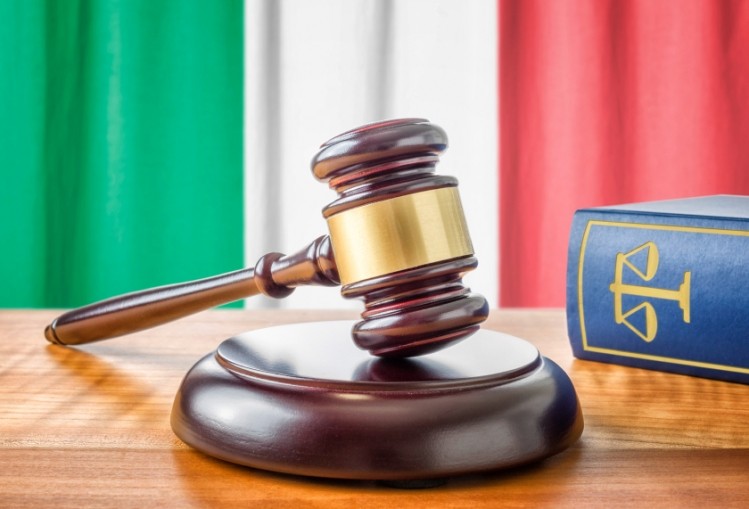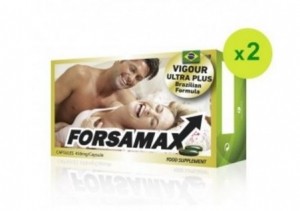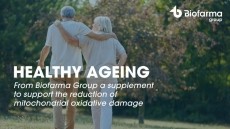‘Natural viagra’ ruling makes a mockery of NHCR

Forsamax, dubbed ‘natural viagra’, had its knuckles rapped by the Italian Istituto dell’Autodisciplina Pubblicitaria (IAP) for an advertisement that appeared in the magazine Corriere dello Sport on 4th April.
In its ruling, the advertising standards agency said claims such as ‘promises to improve your sexual relations’, ‘helps fight premature ejaculation’, and ‘100% effective’ were exaggerated and unsubstantiated, contravening several articles within its ‘Code of Commercial Communication’.
The IAP also expressed concerns that such claims could put consumers at risk by leading them to believe the supplements could constitute a natural alternative to drugs or therapeutic treatment. This, said the IAP, could prevent people from seeking vital medical help for their underlying conditions.
The supplement contains a combination of maca, epimedium and rhodiola. No approved claims exist for any of these botanicals under the EU’s NHCR framework.
Yet it was not for this reason the Italian authority took offence, something Dr Luca Bucchini, managing director of Rome-based Hylobates Consulting, said showed the country's increasing stray from EU regulation.
NHCR: Irrelevant in Italy?
Whilst other EU agencies like the UK's Advertising Standards Authority (ASA) typically reference the absence of any authorised claims under the NHCR as a reason for such a ruling, the IAP based its decision on the documentation provided by Forsamax in support of the claims.
“The documentation provided by the advertiser as a result of the committee’s request has not been found suitable and sufficient to provide proof of the alleged effect of the advertised product in improving sexual activity,” stated the ruling.
This is not the first time the IAP has been seen to disregard EFSA's scientific opinions to assess advertising with health claims.
“It is striking that the IAP continues to ignore EU regulations on health claims, which it has not used for evaluating the health claim, contrary to what Spain's Autocontrol or the UK's ASA would have done,” Bucchini told NutraIngredients.
Second such ruling
At the end of last year, the IAP ruled that the marketing of NOCIST, a cranberry product for cystitis, was misleading to consumers.
As in this latest ruling, the IAP reached its decision for NOCIST by assessing evidence provided by the company in question, rather than following the lead of EU regulators and taking the stance that unauthorised health claims are automatically misleading (there are no EU approved claims for cranberry’s ability to treat urinary tract infections).
Dr Bucchini said this latest ruling showed that enforcement of EU law was not working as it should.
“While experts and businesses debate the fine details of health claims law, this type of marketing - food supplements for erectile dysfunction, which is beyond anything that EFSA may ever consider for a scientific assessment - remains successful: the websites are undisturbed.”
He added that in his view, the IAP’s policing of the food supplement advertising market was “rather weak”.
“It is hard to see how this ad could be found to be compliant, but it is good that the IAP has at last acted,” he said.
Forsamax pills have been on an upwards trajectory since they were launched in 2010 by their creator Javier Rodríguez. Five years later, the brand reports a following of over a million consumers in countries such as Italy, Russia, France, Spain, Mexico and the US.
The company did not respond to our request for comment in time for the publication of this article.
















